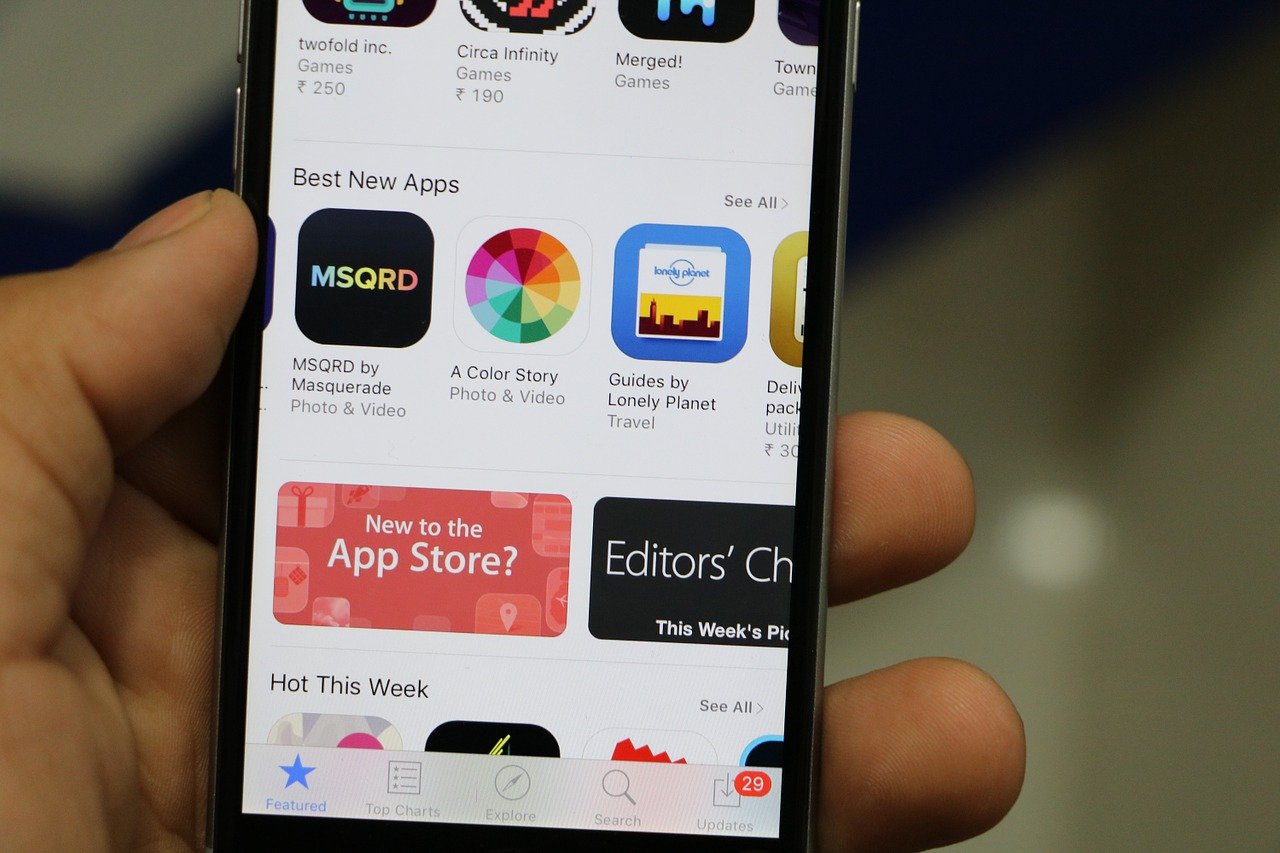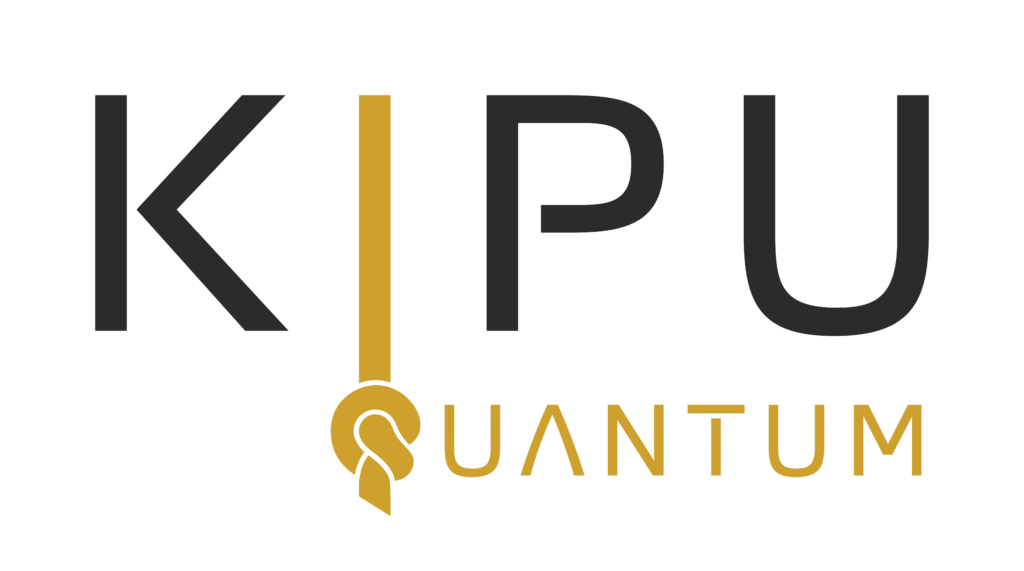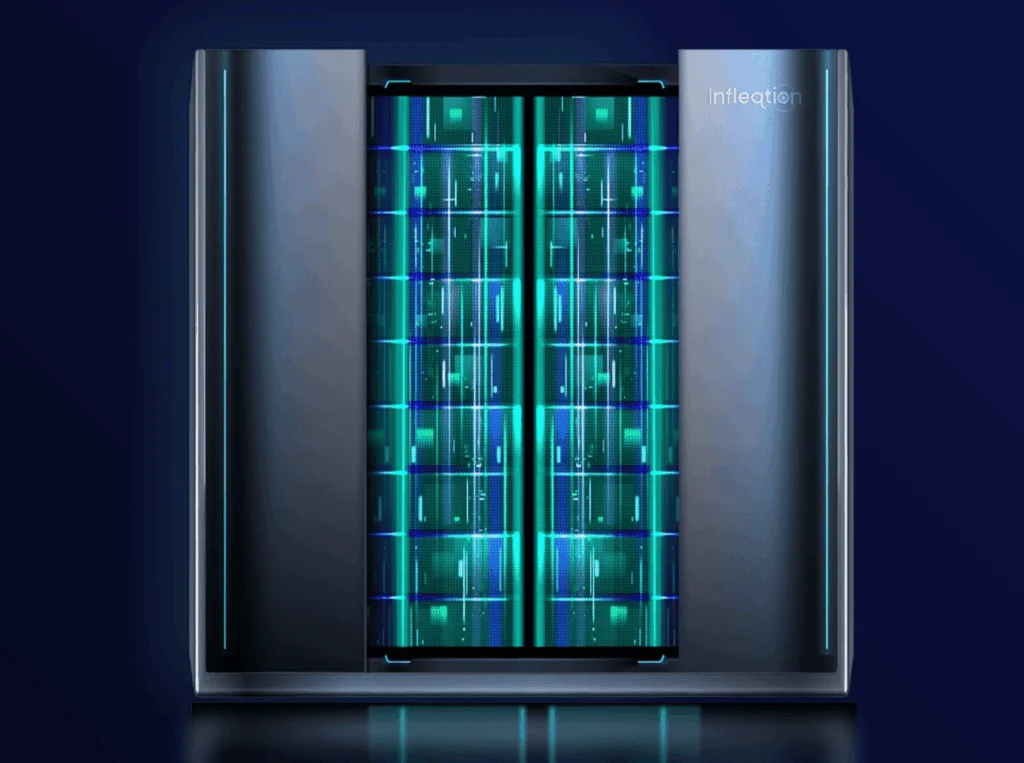
Quantum Computing?
There’s an app for that.
While quantum computer programming is relegated to a niche of a niche of computer programmers, Dario Gil, the director of IBM Research said that the technology is destined to appeal to a much broader group of programmers and will be much more accessible to all. He said soon that labor-intensive code writing will be stored in a library and ready to be used whenever needed.
“Currently, quantum computing researchers and enthusiasts need to know quantum programming; it’s simply a must,” Gil writes in Scientific American. “Soon, though, all they will need is a quantum app store and a line of code. Not an app store like in your smartphone, but similar to a code repository of today, such as GitHub—a type of digital library where software developers make the code they have written available to anyone. And in the near future, developers will be able to put in their lines of code that will call on quantum computers to deal with specific tasks a regular computer can’t.”

He said the progression of quantum programming will mimic classical computing’s rise, but at a breakneck pace. While it took classical computers decades to reach its current level of maturity, Gil expects quantum computing’s development to only take a decade.
“A decade ago, there were just a few dozen research groups who could code in quantum. When IBM launched its online platform Quantum Experience in 2016, giving everyone free access to quantum processors through the cloud, that number grew to a few thousand within just a week,” he writes. “Four years later, the number of programmers experimenting with quantum algorithms—what the community calls quantum circuits, the sequences of instructions that define commands for manipulating data and making a quantum computer work—is in the hundreds of thousands. And soon, millions of software developers in the IT mainstream will start building on that effort and designing a myriad of quantum circuits for everyone to use.”
Gil expects quantum program to become more accessible.
“First, enthusiast-programmers; then, developers; and eventually, quantum circuit repositories—or perhaps libraries—with both open-source and copyright-protected circuits, a natural extension of the software ecosystem of today,” Gil writes.
Quantum computing’s progression is inevitable because it’s tied to current research efforts, he added.
“This is the inevitable next step from what companies and university labs have been focused on over the past few years: building qubits,” Gil writes.
Qubits are quantum information’s basic units, similar to the bits used by classical computers. While classical bits can only have a value of 0 or 1, quantum computers can be in a superposition of 0 and 1 states.
He calls this next — and inevitable — wave of QC programming, “frictionless quantum computing.”
“Just a line of code, that’s all it’ll take to get a result on your classical machine through the cloud—while behind the scenes, invisible to the user, the quantum mystery will unfold, with superposition, entanglement and interference,” he writes. “If you ask me, the future is nearly here.”















